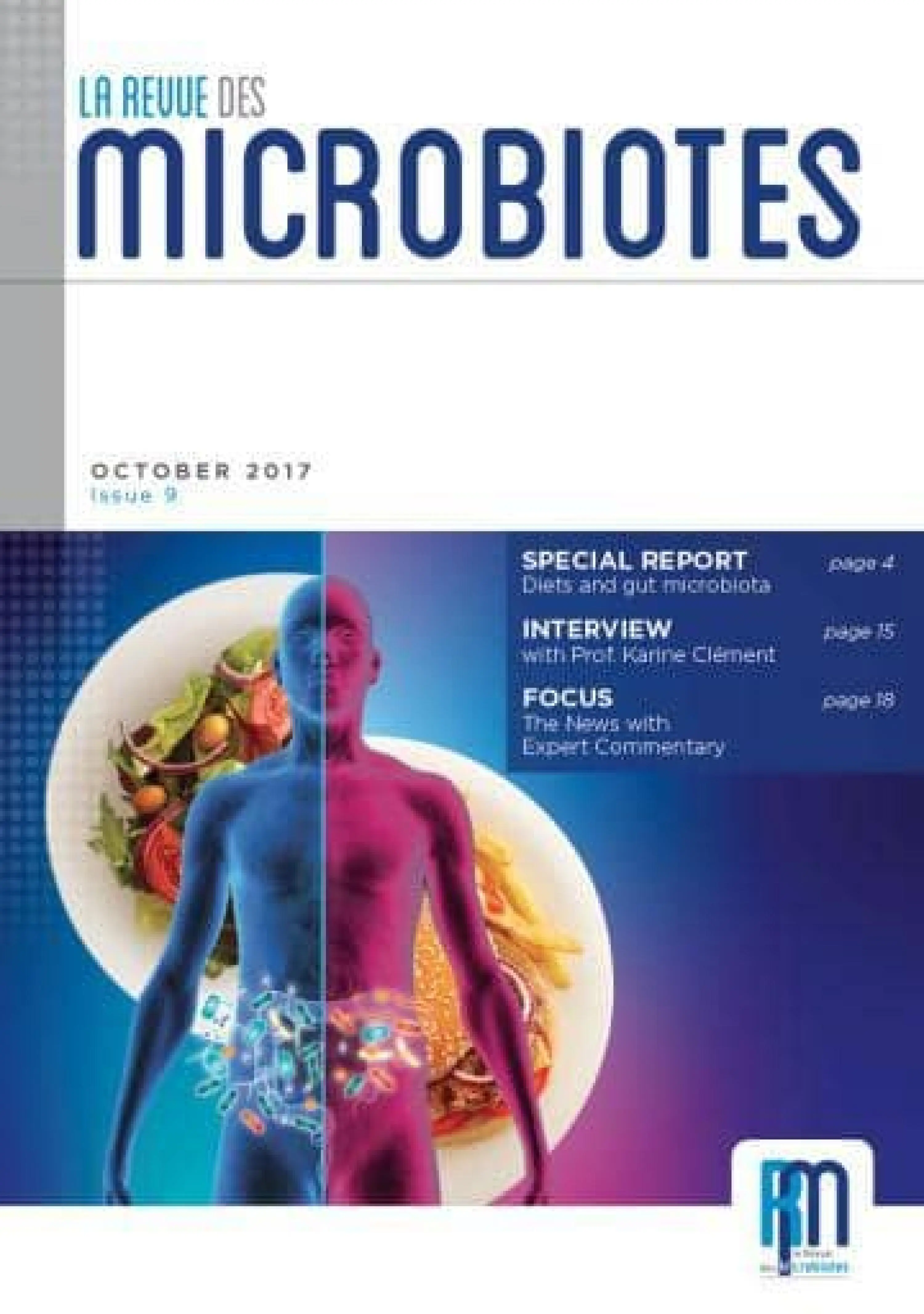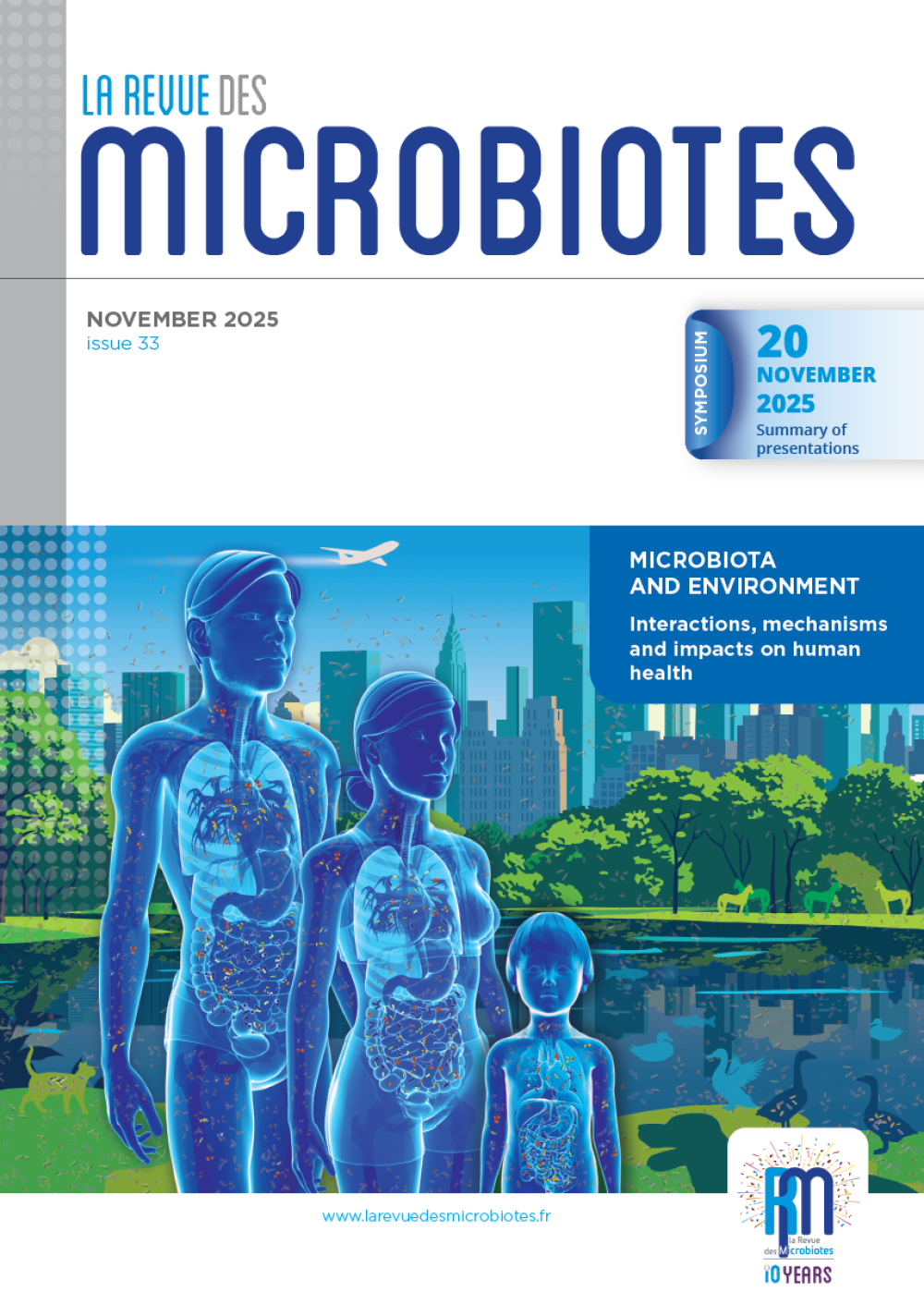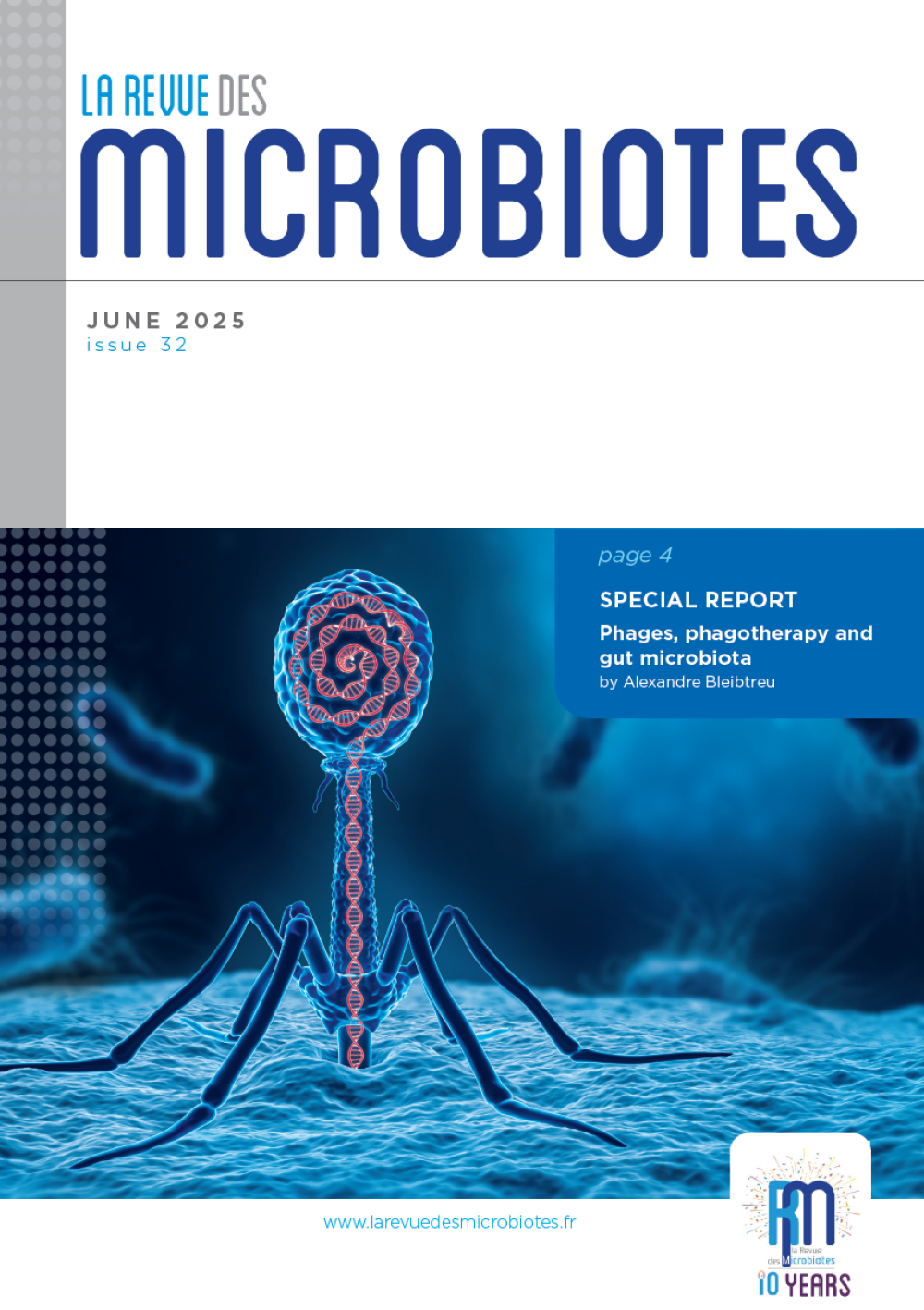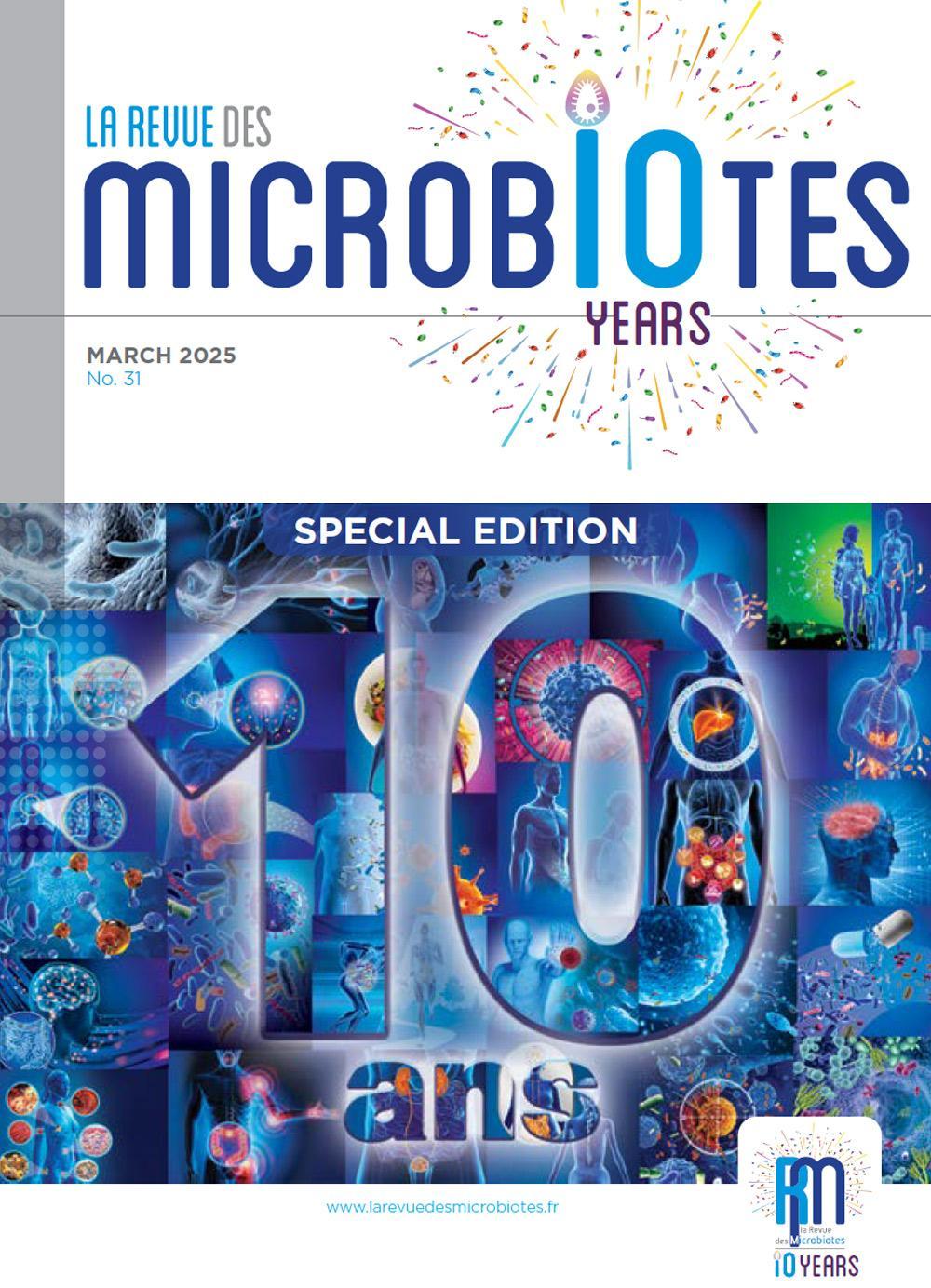The bacteria in our gut microbiota are said to be commensal, a term which describes the micro-organisms which live with a host, without causing it harm, as opposed to pathogenic bacteria, responsible for various diseases. But do you know that the term commensal originally derives from the Latin com, 'with' and mensa, 'table'. Thus etymologically-speaking, the term commensal means 'one who eats at the same table'. Which is absolutely right in our case since the food we eat is the main source of food for the bacteria in our microbiota. It is also confirmed that even if numerous factors influence the composition of the gut microbiota, the host's diet is that which has the greatest impact.
Thus, the difference in the composition of the microbiota between African and Western populations is due to the differences in diet, much more than to genetic differences. The standardisation of our diet over the last ten years could also explain the loss of richness of the gut microbiota observed in Western countries. In the same way, the development of special diets (vegan, gluten-free etc.) undoubtedly has consequences on our commensal friends.
Given that the essential role played by the gut microbiota in our health, and its involvement in an increasing number of pathologies have been demonstrated, a certain number of the effects of diet on our health may not be direct effects from the nutrients ingested but may be due to their impact on the composition and the activities of the microbiota.
To paraphrase the aphorism by Brillat-Savarin, famous gourmet and culinary writer, who said 'Tell me what you eat, and I'll tell you what you are', perhaps soon we will be able to say 'Tell me what you eat, and I'll tell you what is your microbiota' or otherwise determine a person's diet by analysing their microbiota…
Happy reading (and bon appétit!)













